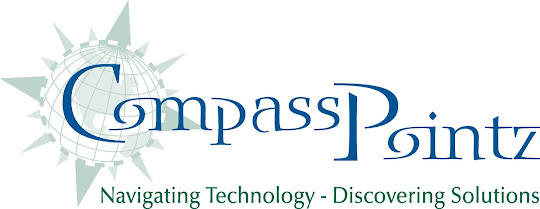I am often asked, “Does anti-virus software really work?” or “I have anti-virus software, why did I get a virus?” or “Do I really need anti-virus software?”
The answer is like driving without a seatbelt or getting a flu shot. There are no guarantees, no silver bullets. Anti-virus software is a protective measure to help aid and assist in reducing the chance of infection.
Question one: “Does anti-virus software really work”?
Answer: Anti-virus works within reason.
Anti-virus software has to be installed, it has to be updated (or renewed) and you have to be aware of what you are protecting. What I mean is, if you have some basic protection that lets you know you have an infected file and the software isn’t updated, then you may not have current protection against the new stuff.
Question two: “I have anti-virus software, why did I get a virus?”
Answer: Anti-virus software is a protective measure, but not a guarantee.
If you are constantly on the web viewing You-Tube, Facebook, etc. – you are constantly opening video files that your computer may not be protected against. I compare this to having an alarm on your house – you will get notified if someone comes through a closed door or window. But if you open that window (like being on the internet), something can sneak through without detection.
Question one: ‘Do I really need anti-virus software?”
Answer: It depends.
As long as you are not using your computer for accessing the internet, getting email or opening files from other people – then you should be fine. Otherwise, anti-virus software is advisable.
The bottom line – it is more effective to have anti-virus software than not. And remember, please wear your seat belts! The flu shot…well, that’s your call.
